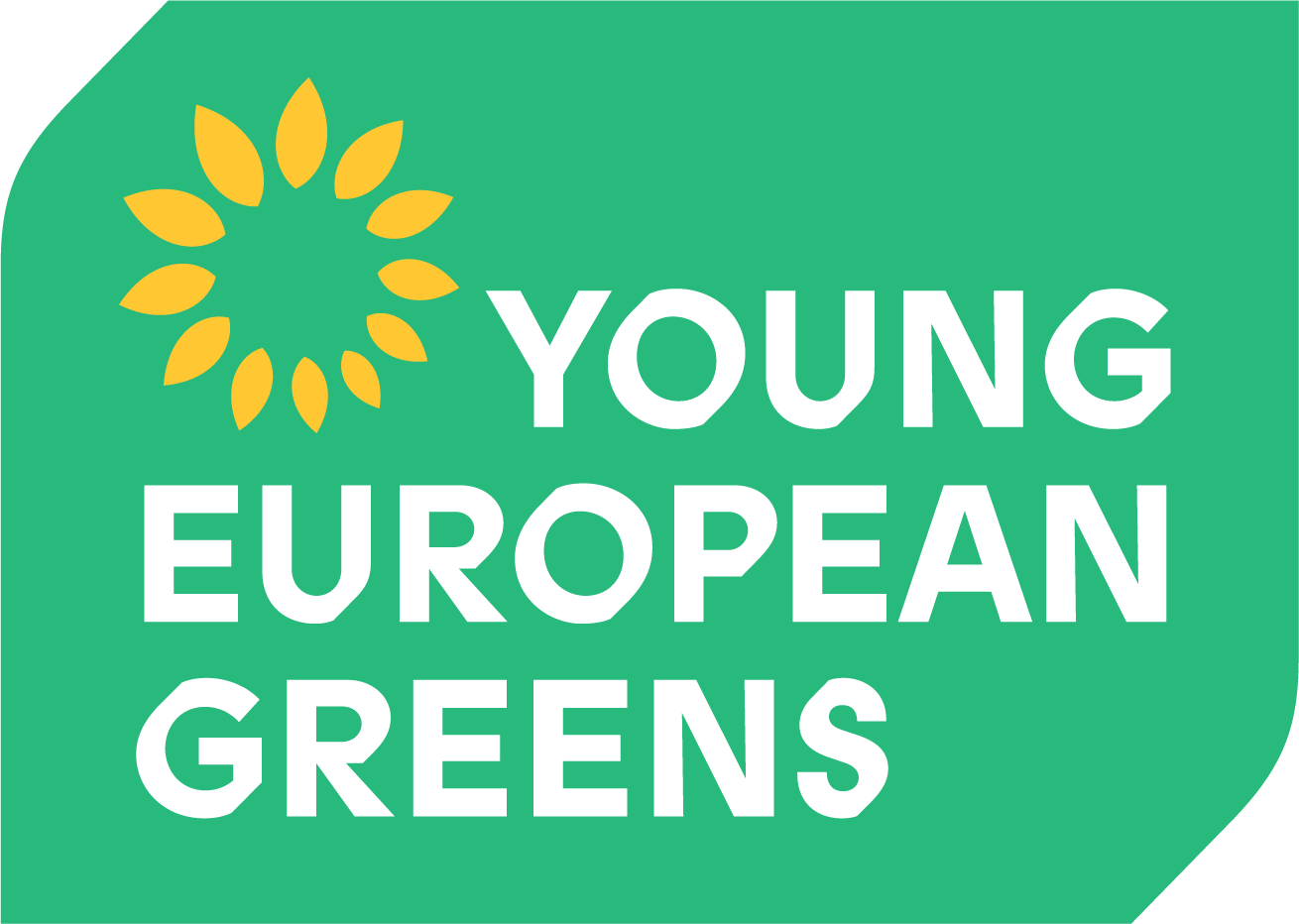| Resolution: | No one sacrificed for European economy |
|---|---|
| Proposer: | FYEG |
| Status: | Published |
| Created: | 05/04/2023, 21:33 |
R10 A4: No one sacrificed for European economy
Motion text
From line 28 to 72:
A concrete example - #IlvaIsAKiller
This dynamic is present with some variations in different parts of Europe, for example in Taranto, Italy, where its steel mill has exposed its residents to increased risks to human and ecological health, and in the IJmond area in the Netherlands, where Tata Steel has similarly exposed residents of Beverwijk, Velsen en Heemskerk to such risks.These dynamics are also often present and intertwined with environmental and systemic racism, for example with regards to the Roma communities forced to live at Pata Rât, an illegal landfill on the outskirts of Cluj-Napoca, Romania, due to forced evictions, gentrification, and spatial segregation, exposing them to pollution and health dangers; the ‘green’ extractivist projects in indigenous Sámi and Inuit lands that threaten or actively destroy their lands, livelihoods, communities, and wellbeing; in metropolitan France, where hazardous sites like incinerators and waste management facilities are more likely to be located near towns with higher immigrant populations, and racialised suburbs or districts of larger cities are often closer to large ring roads and intersections known as échangeurs - thus disproportionately exposing racialised communities to higher pollution and risks of health hazards; and in Martinique and Guadeloupe, where the use of the toxic pesticide chlordecone was permitted by the French government in the 70s to 90s despite evidence of health risks, and led to the carcinogen still being detected in more than 90% of the population today and much higher prostate cancer incidence rates. (ENAR 2022 Report)
To make these dynamics tangible, the city of Taranto, often called "Italian Chernobyl", will be used as a model.
- With this resolution we demand local, regional, and national governments throughout Europe, and the European Union to:
Acknowledge the existence of such cities, and take the steps necessary to put an end to industries or practices that harm the socio-ecological well-being of its communities.
Compensate all those residents negatively affected by such industries and practices, including the generations of victims and the descendants of victims who have passed as a result of such consequences. Such compensation must include financial compensation, such as environmental and corrective reparations, and where necessary services such as healthcare treatments and area cleanups.
Where these industries are totally necessary to the existence of the local economy (and not for that of the national or European economy) because of the dependence resulting from the jobs created, prioritise with utmost urgency a just transition of such communities guided by principles of circularity and eco-social wellbeing.
Taranto has been home for a steel mill since the 60s, Ilva, and during the last 40 years this city has been affected by this mill that has escaped EU environmental regulations duties, polluting all the area around for kilometres and creating health issues other than an economic and environmental catastrophe.
- In any future initiative or project that is located in the proximity of or would affect local communities, involve said communities in the deliberation, decision, and planning processes, and make eco-social wellbeing and anti-discrimination and empowerment of marginalised communities the highest priority in these processes.
Taranto has been subject of many environmental and health studies, by academics, governmental institutions and international organisations (including WHO), and more than once it has been demonstrated how the steel production affects the lives of everybody in the area, creating an immesurable damage. Nonetheless, still today its residents fight against the inaction of the Italian government and the European Union, as it has been said through words and sometimes through actions that Ilva brings too much to the Italian and European economy.
To this day, it has been proved that:
- Ilva causes at least 50 deaths per year, and influences more than 1000 indirect deaths per years;
- Ilva does not respect EU regulations on environmental security;
- Ilva is a danger for its workers, with many accidents through the years;
- Because of Ilva's pollution, Taranto's province has an abnormal higher rate of cancer and other health issues;
- The presence of Ilva highly influenced the touristical influx;
- The concentration of steel particles in the air is higher than allowed by the law, at the point that "curfews" are organised during some days for students and workers.
Conclusion
This dynamic is present with some variations in different parts of Europe, and as this dynamic is hidden from mass media, it's safe to say that these are not isolated cases and that indeed it's more common than it appears.
With this resolution we request:
- -That the Federation of Young European Greens acknowledges the existence of these "invisible" industrial cities, standing in solidarity with the hundreds of victims affected by this situation every year and the thousands who died;
- -That the Federation of Young European Greens aknowledges these cities and their activists as one of the best examples of green activism, where climate justice and social justice interconnect perfectly;
- That the member organisations of FYEG make an effort to acknowledge industrial cities in their own countries that follow the aforementioned criterias, having as goal to make them visible and push institutional measures to change the social and environmental context of these cities;
- Where these industries are totally necessary to the existence of the local economy (and not for that for the national or European economy) because of the dependence created by the aforementioned reasons, an ecological reconversion must be privileged and pushed with immediate urgency.
